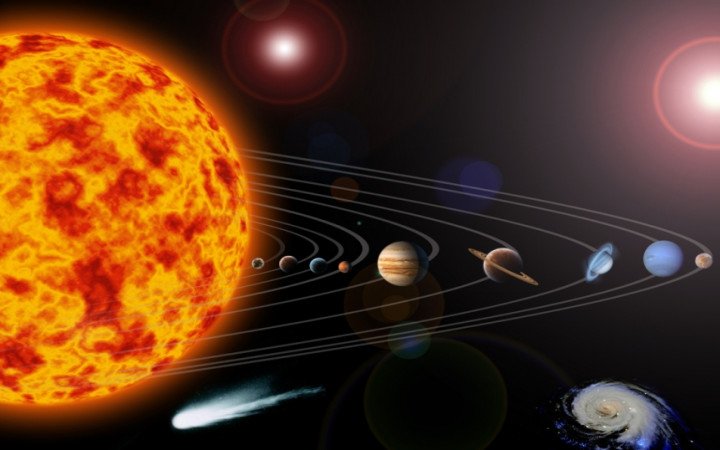It is widely believed that the New Horizons space probe has actually discovered the first planet around another star. The discovery will almost certainly inspire new theories about the formation of planets and the origins of our solar system. But why is Pluto no longer a planet? And what does it mean for science?
The International Astronomical Union (IAU) decided to redefine the terms of the solar system, most notably the solar system's largest planet, Venus. Proponents of the move claimed that Pluto, and any other dwarf planets were too small to be considered a planet, thus removing them from the solar system. This decision marked a milestone in the exploration of our solar system and opened up a wide range of research into the origins of the solar system, including the idea that all life on Earth started off in space.
However, many scientists believe that this is not enough to define a planet, and indeed, there is a possibility that Pluto might be re-discovered very soon. It was around nearly 40 years ago when the first telescopic maps were made of the moon's surface. These images formed the base for modern day moon missions. Today, more sophisticated tools such as the HiRiSE (High Resolution Imaging Camera) and the orbiting SKY telescope have revealed much more about the surface of the tiny moon than had ever before been seen before. With the assistance of amateur astronomers as well as professional observatories like the Carnegie Institute of Earth Science in Washington DC, amateur astronomers have been using telescopes in the southern skies to hunt down and record images of Pluto and Charon. If additional details about these two space rock are found, they could help us better understand the composition and development of the solar system.
Another question that arises from studying the surface of this space rock is - how long did it take for this object to form and where did all the water come from? One suggestion is that Pluto is one of the coldest planet known to man. Another hypothesis is that the material that makes up Pluto absorbs a great deal of energy from the sun as it orbits around the sun. This, in turn, would imply that the dwarf planet was created far out in the colder regions of our solar system. This cold region, referred to as a "solar vortex" is where many comets originate.
The problem with these theories is that none of them is supported by present day observation and science. If someone had suggested that Pluto was created only a long time ago and that no new features have been added since then, it could be argued that his argument was correct. Yet, if someone had suggested that Pluto was created recently and that it is not losing mass as it spirals around the outer solar system, this argument could be challenged. Either way, we cannot discount the possibility that there may be a connection between Pluto and cold climate in our galaxy.
The truth is, no one knows when or how long ago this process occurred. It is possible that the process took millions of years. It's also possible that it took a short time, perhaps a few million years. There are some astronomers who believe that the very outer reaches of the solar system may have been very warm and very wet, just as they are today. The reason that Pluto lost its atmosphere is that it became too cloudy to hold onto that material. If the clouds had stayed intact, they would have blocked out the sunlight and prevented Pluto from absorbing the heat.
Another question that arises from studying the composition of Pluto is - why is Pluto no longer a planet? Is it a candidate for being swallowed up by Jupiter or Saturn? These large space agencies have been working for a long time to design and study satellites that will orbit around these great gases and hopefully find out exactly what condition they are in. If they can figure out what type of atmosphere a planet has, they will be able to tell us something about the formation of that planet.
If the scientists are right, and Pluto is truly a lost planet, then we will never know what the composition of this planet was like long ago. We will never know the secrets that were kept hidden for so long. This means that it is time for us to take a step back and ask questions. Why is Pluto no longer a planet? Who knows? Perhaps we will finally learn what really happened during the time that it did have an atmosphere.
References
https://www.loc.gov/everyday-mysteries/item/why-is-pluto-no-longer-a-planet
https://wonderopolis.org/wonder/why-is-pluto-no-longer-a-planet
Posted with STEMGeeks
